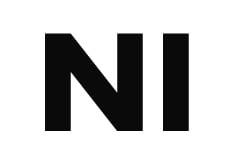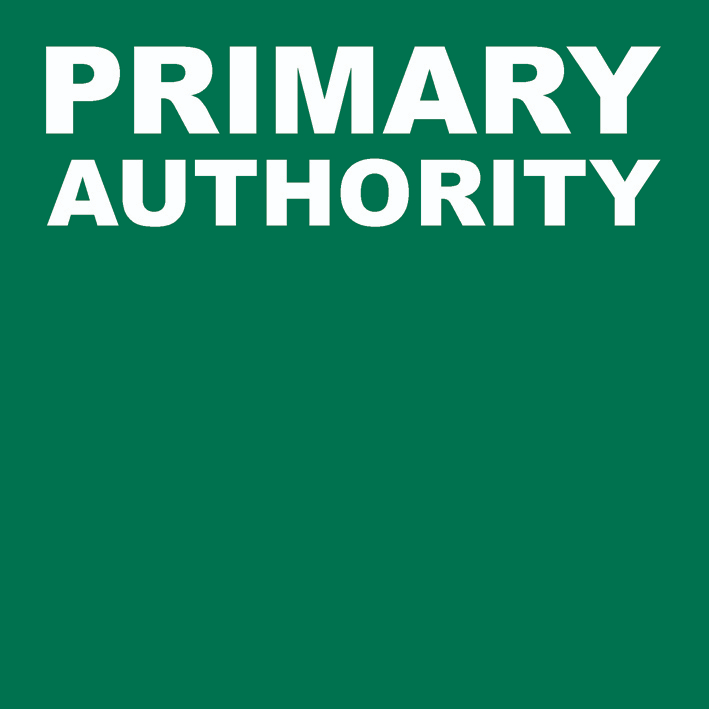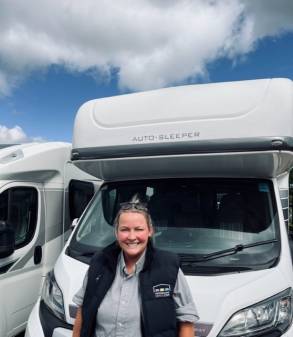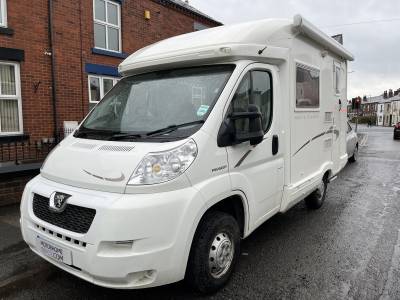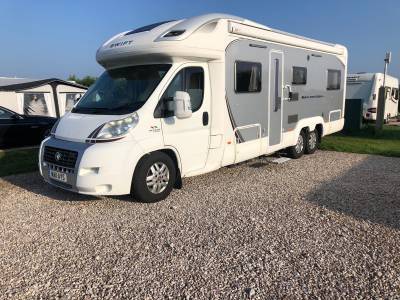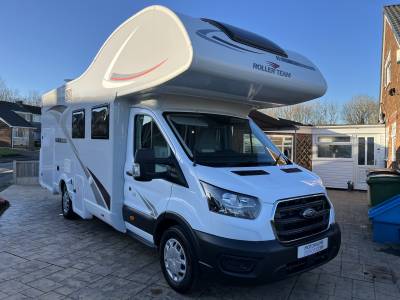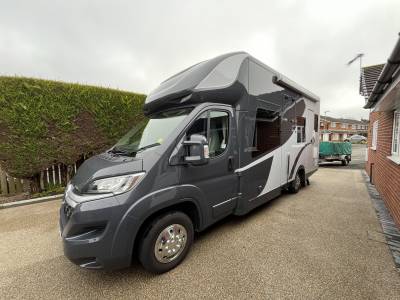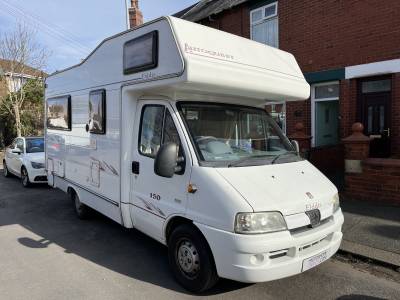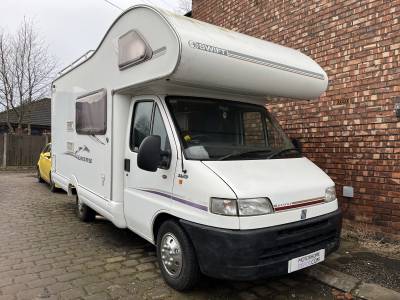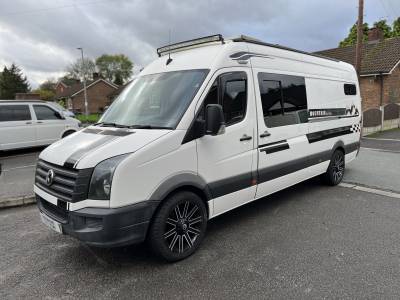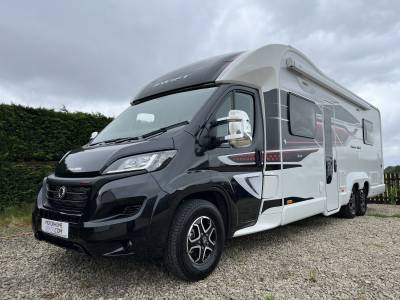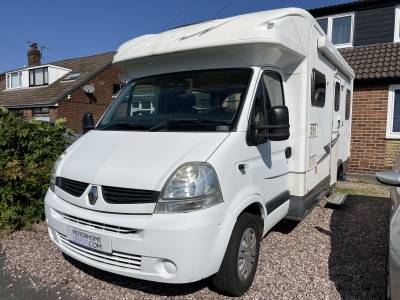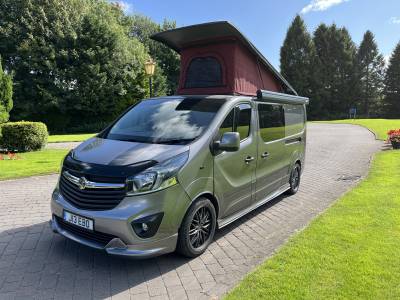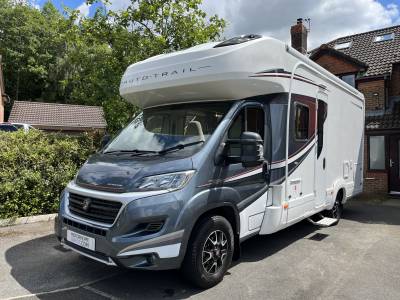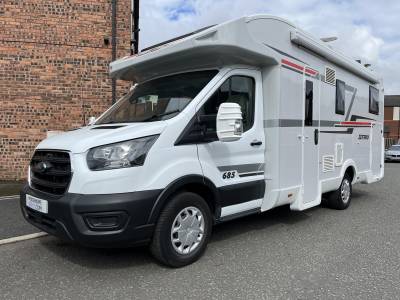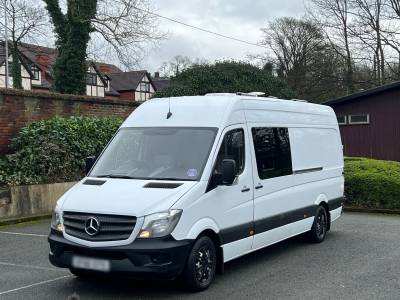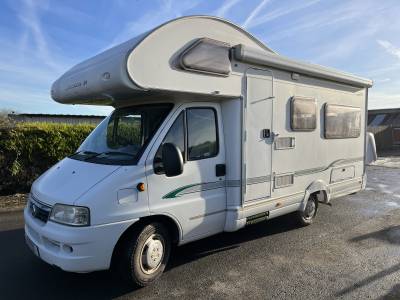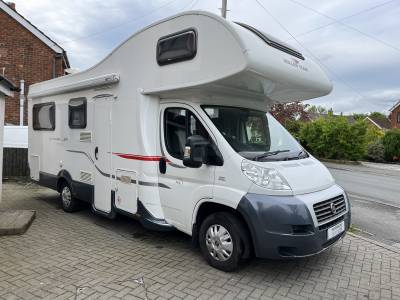Motorhomes For Sale Near Me
Looking to buy a motorhome in your local area? We are the local specialists and offer a wide range of motorhomes across a range of sizes and prices. We have motorhomes for sale in Greater Manchester. We offer campervans in North West England. Check out our range of motorhomes in Bolton and Wigan.
Greater Manchester is a metropolitan county and combined authority area in North West England, with a population of 2.8 million;[3] comprising ten metropolitan boroughs: Manchester, Salford, Bolton, Bury, Oldham, Rochdale, Stockport, Tameside, Trafford and Wigan. The county was created on 1 April 1974, as a result of the Local Government Act 1972, and designated a functional city region on 1 April 2011. Greater Manchester is formed of parts of the historic counties of Cheshire, Lancashire and the West Riding of Yorkshire.
Greater Manchester spans 493 square miles (1,277 km2),[4] which roughly covers the territory of the Greater Manchester Built-up Area, the second most populous urban area in the UK. Though geographically landlocked, it is connected to the sea by the Manchester Ship Canal which is still open to shipping in Salford and Trafford. Greater Manchester borders the ceremonial counties of Cheshire (to the south-west and south), Derbyshire (to the south-east), West Yorkshire (to the north-east), Lancashire (to the north) and Merseyside (to the west). There is a mix of high-density urban areas, suburbs, semi-rural and rural locations in Greater Manchester, but land use is mostly urban—the product of concentric urbanisation and industrialisation which occurred mostly during the 19th century when the region flourished as the global centre of the cotton industry. It has a focused central business district, formed by Manchester city centre and the adjoining city of Salford and Borough of Trafford, but Greater Manchester is also a polycentric county with ten metropolitan districts, each district is concentrated around a large town or a city (Manchester and Salford being the only cities). These districts contain suburbs, towns and villages for each city and town.
Greater Manchester is governed by the Greater Manchester Combined Authority (GMCA), which consists of political leaders from each of the ten metropolitan borough councils, plus a directly elected mayor, with responsibility for economic development, regeneration and transport. Andy Burnham is the inaugural Mayor of Greater Manchester, elected in 2017. For the 12 years following 1974, the county had a two-tier system of local government; district councils shared power with the Greater Manchester County Council. The county council was abolished in 1986 and so its districts (the metropolitan boroughs) effectively became unitary authority areas. However, the metropolitan county continued to exist in law and as a geographic frame of reference,[5] and as a ceremonial county, with a Lord Lieutenant and a High Sheriff. Several county-wide services were coordinated through the Association of Greater Manchester Authorities between 1985 and 2011.
Before the creation of the metropolitan county, the name for the area was "South East Lancashire North East Cheshire"(SELNEC). Greater Manchester is an amalgamation of 70 former local government districts from the former administrative counties of Lancashire, Cheshire, the West Riding of Yorkshire and eight independent county boroughs.[6] Since deindustrialisation in the mid-20th century, Greater Manchester has emerged as a major centre for services, media and digital industries, and is renowned for guitar and dance music and its association football teams.[7]
Although Greater Manchester was not created until 1974, the history of its constituent settlements goes back centuries. There is evidence of Iron Age habitation, particularly at Mellor,[8] and Celtic activity in a settlement named Chochion, believed to have been an area of Wigan settled by the Brigantes.[9] Stretford was also part of the land believed to have been occupied by the Celtic Brigantes tribe, and lay on their border with the Cornovii on the southern side of the River Mersey.[10] The remains of 1st-century forts at Castlefield in Manchester,[11] and Castleshaw Roman fort in Saddleworth,[12] are evidence of Roman occupation. Much of the region was omitted from the Domesday Book of 1086; Redhead states that this was because only a partial survey was taken, rather than sparsity of population.[13]
Bolton (/ˈboʊltən/ ( listen), locally /ˈboʊtən/)[2] is a large town in Greater Manchester in North West England, formerly a part of Lancashire. A former mill town, Bolton has been a production centre for textiles since Flemish weavers settled in the area in the 14th century, introducing a wool and cotton-weaving tradition. The urbanisation and development of the town largely coincided with the introduction of textile manufacture during the Industrial Revolution. Bolton was a 19th-century boomtown and, at its zenith in 1929, its 216 cotton mills and 26 bleaching and dyeing works made it one of the largest and most productive centres of cotton spinning in the world. The British cotton industry declined sharply after the First World War and, by the 1980s, cotton manufacture had virtually ceased in Bolton.
listen), locally /ˈboʊtən/)[2] is a large town in Greater Manchester in North West England, formerly a part of Lancashire. A former mill town, Bolton has been a production centre for textiles since Flemish weavers settled in the area in the 14th century, introducing a wool and cotton-weaving tradition. The urbanisation and development of the town largely coincided with the introduction of textile manufacture during the Industrial Revolution. Bolton was a 19th-century boomtown and, at its zenith in 1929, its 216 cotton mills and 26 bleaching and dyeing works made it one of the largest and most productive centres of cotton spinning in the world. The British cotton industry declined sharply after the First World War and, by the 1980s, cotton manufacture had virtually ceased in Bolton.
Close to the West Pennine Moors, Bolton is 10 miles (16 km) north-west of Manchester and lies between Manchester, Darwen, Blackburn, Chorley, Bury and Salford. It is surrounded by several neighbouring towns and villages that together form the Metropolitan Borough of Bolton, of which Bolton is the administrative centre. The town of Bolton has a population of 139,403, whilst the wider metropolitan borough has a population of 262,400. Bolton originated as a small settlement in the moorland known as Bolton le Moors. In the English Civil War, the town was a Parliamentarian outpost in a staunchly Royalist region and, as a result, was stormed by 3,000 Royalist troops led by Prince Rupert of the Rhine in 1644. In what became known as the Bolton Massacre, 1,600 residents were killed and 700 were taken prisoner.
Bolton Wanderers football club play home games at the University of Bolton Stadium and the WBA World light-welterweight champion Amir Khan was born in the town. Cultural interests include the Octagon Theatre and the Bolton Museum and Art Gallery, as well as one of the earliest public libraries established after the Public Libraries Act 1850.


